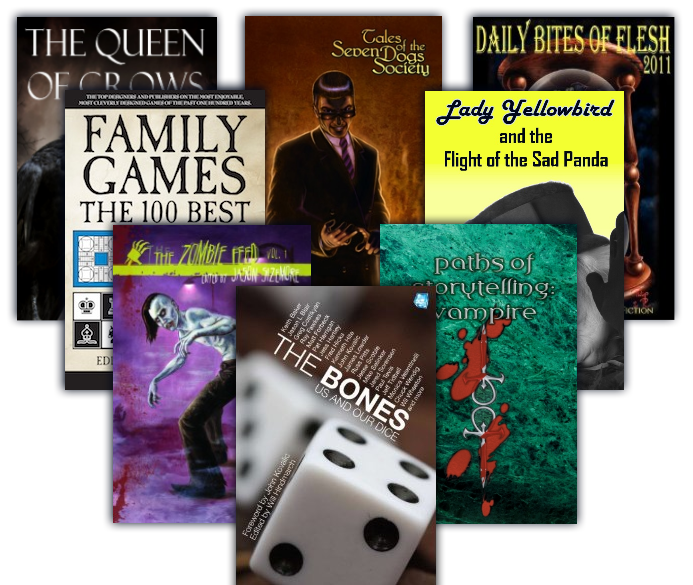Well, it’s been ten days since I forced myself to go dark on social media and this is the first day I’m noticing a huge difference. Huge.
It’s quieter. In my head. A lot quieter. Already, I feel like I’m disconnected because now I have to rely on news and updates by either a) going to a website I already trust or b) getting news from an outside source via e-mail. When I go to a website, I don’t have to guess. I am spending more time browsing, poking around, seeing what is what. However, there is a significant lack of variety, as Twitter and Facebook allows me to discover things more often.
When I wanted something fun, I defaulted to icanhazcheesburger. When I wanted something cool, I headed over to Boing Boing. When I needed to feed my head with industry news, I went to a handful of sites I knew or read a e-newsletter I signed up for. When I had to ask someone a question, I shot them an e-mail. Even then, I don’t feel compelled to check my e-mail as often, which might be a direct result of not being on information channels that throw constant information at me. Is it a brains thing? Not sure, but I suspect it may be.
On a typical day, with Twitter open, I’ll see news about three, maybe four book releases. Yes, that is per day, every day. I couldn’t tell you what those book titles were or who published them, just who Tweeted about them. In the past ten days? I’ve heard about zero. Zip. Nada. Nilch. Instead, I discovered the works of LaShawn Wanak and John Jackson Miller through a convention. Oddly enough, I’ve spent more time with people in the past ten days than I have in the previous month.
Not hearing about book releases and author news really struck me because it’s something relevant to me and happens way too often for me not to notice. This caused a series of revelations and questions to pop off in my head. To understand where I’m coming from, take a look at the picture of book covers below. How many of these did you recognize? Of the ones you remembered, did you know I wrote for these titles? Do you know the publisher? Don’t worry, I’m not going to be upset if you didn’t remember all–or any–of them. It’s what I expected your answer to be.
My questions range from the frustrating to the mundane. So what happens when someone isn’t on Twitter to hear about The Zombie Feed, Volume 1? How do they find my story unless I blog about it? What happens when I miss them on Twitter and Facebook? What happens when they don’t have any idea who I am? Does this mean older releases, like Pie in Buried Tales of Pinebox, Texas, are new again? New to new people who are new to me? How do I find said new people? What about old people that have been following my work since the beginning? What are they looking for?
I have to tell you, I knew I was cutting down on the noise, but I didn’t know just how close to home this would hit. Not hearing a single word about any book release tells me that Twitter and Facebook are only valuable to people on Twitter and Facebook. Even then, Twitter and Facebook are important through the people who are connected to me and reading my updates at that particular time.
Additionally, the fact that I haven’t retained said news about other people’s books is a cause for great concern on my part. This has split my mind in two. First? I’m damn happy I’m blogging more on my own site because this is content I can link to at a future date. This is also content that is easier to find than a Tweet or an update. Second? The value of Twitter and Facebook is misleading as hell. What good is one voice? I’m guessing not a whole heck of a lot. How many voices would it take to spread the word? Not just on Twitter or Facebook, but online period? And, at what point, will consistent followers like myself get annoyed with regular updates about the same title? But–and here comes the clincher–how much promotion do I really need to be doing?
What I am beginning to suspect, and again this chills me to the bone, is that the success of a book has nothing to do with how much an author or publisher promotes it. What matters then, is whether or not the book touches the reader in such a way they talk about it. With the lack of book covers on the backs of e-reader devices, how much harder will an author–not a marketer–have to work to ensure their readers will spread the word? In other words, how powerful must the story be that someone goes… “Oh yeah, that was awesome. Not only that, I’m going to tell all my friends.”
This is the part where I scratch my chin and raise my eyebrow. This is also the part where I’m thinking about writing a story and releasing it during this 100 days just to see what would happen.
Hrmm…much to ponder on this front. I wonder what story people would want to read…


